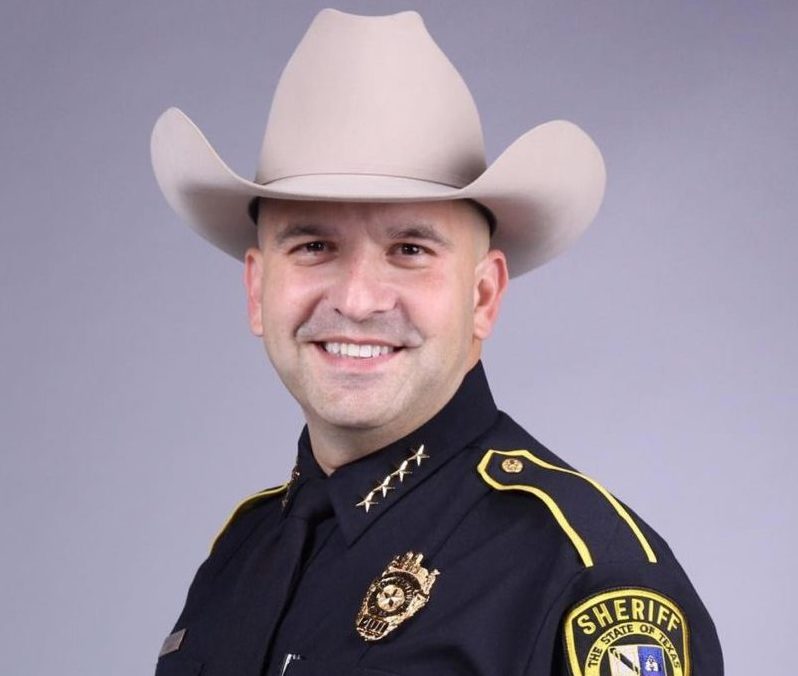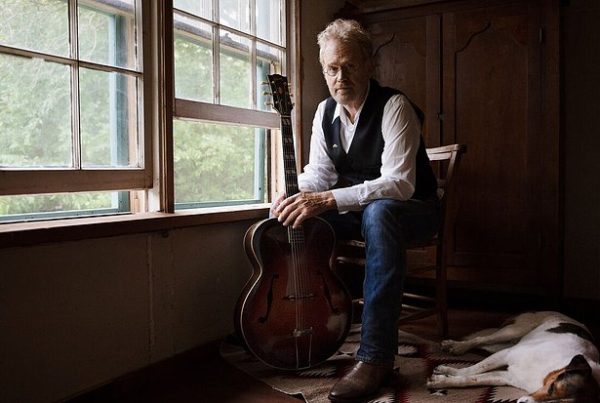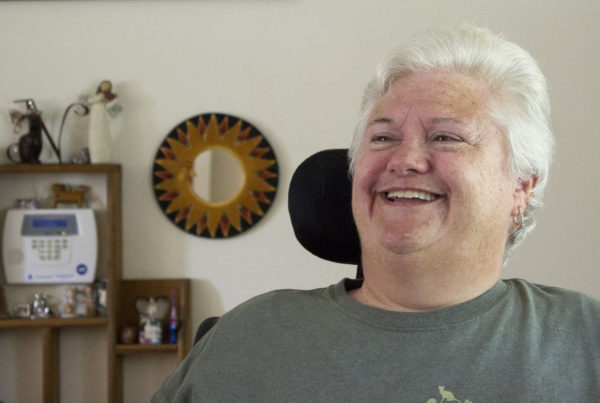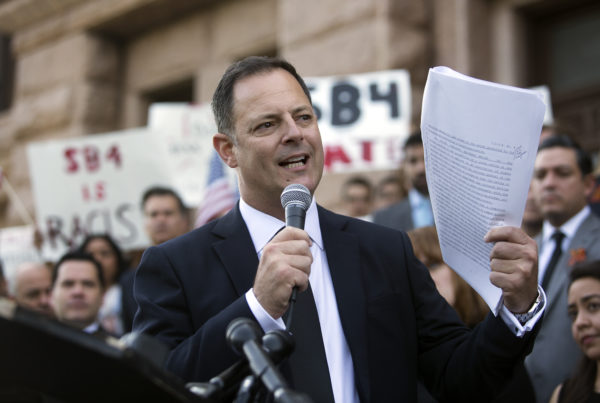From Texas Public Radio:
When Bexar County held Mexican immigrant Julio Trujillo for more than 72 days in its jail, it wasn’t because of the charges for which he was stopped; those charges had already been dropped. Instead Bexar County held Trujillo for more than two months because federal immigration officials requested it, because they believed Trujillo might be in the country illegally.
This month San Antonio Federal District Judge Orlando Garcia ruled that Bexar County under former Sheriff Susan Pamerleau had violated Trujillo’s constitutional rights by keeping him in jail without having reason to believe he’d committed a crime. Garcia said a belief that Trujillo might be in the country illegally was not enough to hold him in jail.
Bexar County Sheriff Javier Salazar says he’s now handling immigrant cases differently.
“ICE detainers in and of themselves don’t rise to the level of probable cause. So we are working with the DA’s office and we’re going to be in communications with ICE on a case by case basis to make sure that each and every detainer rises to the level of probable cause, in which case we will work with ICE,” Salazar says. “But if it does not rise to the level of probable cause as determined by the District Attorney’s office, then that person will have to be released.”
Salarzar says knowing what the law requires of local officials isn’t clear. On the one hand, immigration agents ask them to detain people who may be here illegally; a federal judge says you can’t hold them unless there’s probable cause they committed a crime; then Senate Bill 4, a new state sanctuary cities law, says that as of Sept. 1, you must detain individuals for as long as immigration agents request.
“We’re in a minefield. We are definitely in a tough position,” Salazar says. “Now, that’s what we signed up for, knowing that full and well, but it is a tough position we are being placed in and I for one want some answers, some solid answers.”
Salazar says he opposes the state’s new sanctuary cities ban because it ties the hands of local law enforcement leaders.
“Right now undocumented immigrants are not who is committing crimes in Bexar County, it’s U.S. citizens committing crimes in Bexar County,” he says. “And so I think as a local official I am a lot better equipped to determine what it is what I need here locally and I think SB 4 throws a big wrench in that.”
But in September, Salazar could risk losing state grant money, his job and possibly end up in jail if he doesn’t honor federal immigration requests.
His hope and that of Bexar County Judge Nelson Wolfe is that opponents of the new sanctuary cities law can stop it before it goes into effect. Wolfe says that’s why Bexar County has joined a lawsuit.
“The Legislature cannot put him in jail if this law violates the United States Constitution. The United States Constitution overrules the state, overrules the governor, it overrules the lieutenant governor,” Wolfe says.
Wolfe says Bexar County loses money every time it holds an immigrant for federal officials because the federal government only reimburses the county for a fraction of the its costs.
Wolfe says the County has spent over $22 million over the last 12 years to detain immigrants and it’s not local law enforcement’s responsibility.
“We shouldn’t even be involved, this is a federal law, immigration law. 40 percent of the people that are here and still haven’t been documented didn’t come into the country illegally,” Wolfe says. “And so it’s largely a civil matter, now for those who committed a crime that is a different deal.”
Next Monday the federal judge who ruled in the Trujillo case will hear the first lawsuit hoping to prevent the implementation of the state’s new sanctuary cities law. Bexar County is joined by the cities of San Antonio and Austin and others in filing the case.
Salazar hopes the outcome will remove the uncertainty plaguing local law enforcement being asked to detain immigrants, and make it clear that immigration control is not the job of local officials.

















